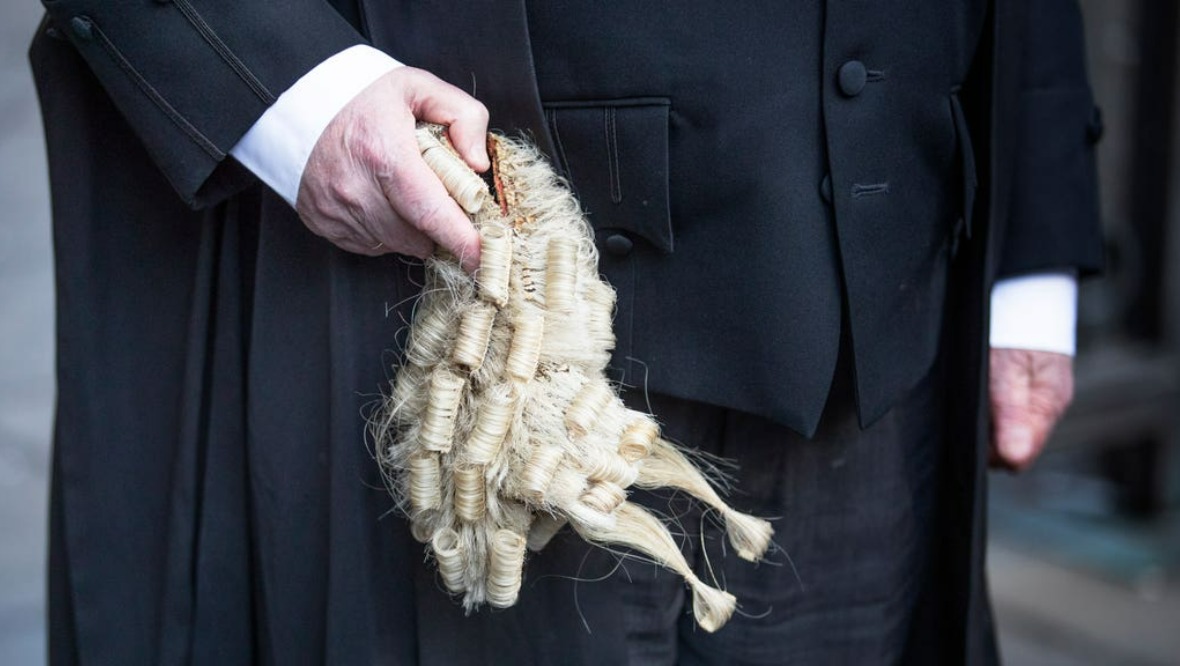There is a “very strong case” for abolishing Scotland’s controversial not proven verdict, the new justice secretary has said.
But, Keith Brown added that there are “complex issues” involving the verdict – which is not used in other parts of the UK – and these need to be carefully considered.
First Minister Nicola Sturgeon has previously said it is time to look at whether Scotland retains not proven, as part of efforts to tackle the “shamefully low” conviction rates for rape and sexual assault.
The SNP manifesto for May’s Holyrood election committed the party to consulting on its abolition.
Brown, who took on the justice brief after the election, said it is “fairly plain that amongst the various parties in this chamber there are different views” on the issue of not proven.
He said it is right that a proper consultation is carried out, adding there would be “implications for other parts of the justice system” if the verdict is scrapped.
Brown stated: “We do recognise there is a very strong case that has been made for its abolition, but there are complex issues.
“And while I know many in the chamber support the move, it is right that we consider this very carefully.”
As part of reforms that ministers hope will create a “faster, fairer and more effective justice system”, Brown said the Scottish Government will appoint a victims commissioner to “provide an independent voice for victims”.
He also vowed “changes to ensure lifelong anonymity for complainers of sexual crimes”, saying this would further increase the confidence of victims to report such attacks.
Conservative justice spokesman Jamie Greene said the SNP’s proposed reforms are “not going far enough and nor are they going fast enough”.
He said his party wants to see sentences doubled for those who commit crimes against emergency service workers, saying pleas for this have “largely fallen on deaf ears in recent years”.
He argued: “It is only right that those who go out of their way to harm our frontline personnel are punished accordingly.”
Greene also pledged the Tories would bring a Victims’ Bill to Holyrood, saying this would “contain a number of very specific actions that I think the government can take right now to truly shift the balance”.
This would include Michelle’s Law, named after murdered teenager Michelle Stewart, allowing for families’ and victims’ views to be taken into account when decisions on the early release of prisoners on parole are being made.
The Conservative Bill would also seek to bring in Suzanne’s Law, named after Edinburgh bookkeeper Suzanne Pilley, whose killer has never revealed the whereabouts of her body.
This change would mean parole would be denied to murderers if they refuse to say where they have hidden their victim’s remains.
Labour justice spokesman Pauline McNeill welcomed the move to ensure the victims of sexual assaults remain anonymous.
“Many people think this is the case already, but it is not,” she said.
Follow STV News on WhatsApp
Scan the QR code on your mobile device for all the latest news from around the country


 PA Ready
PA Ready

























